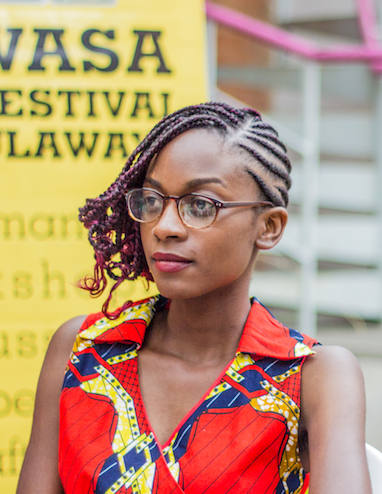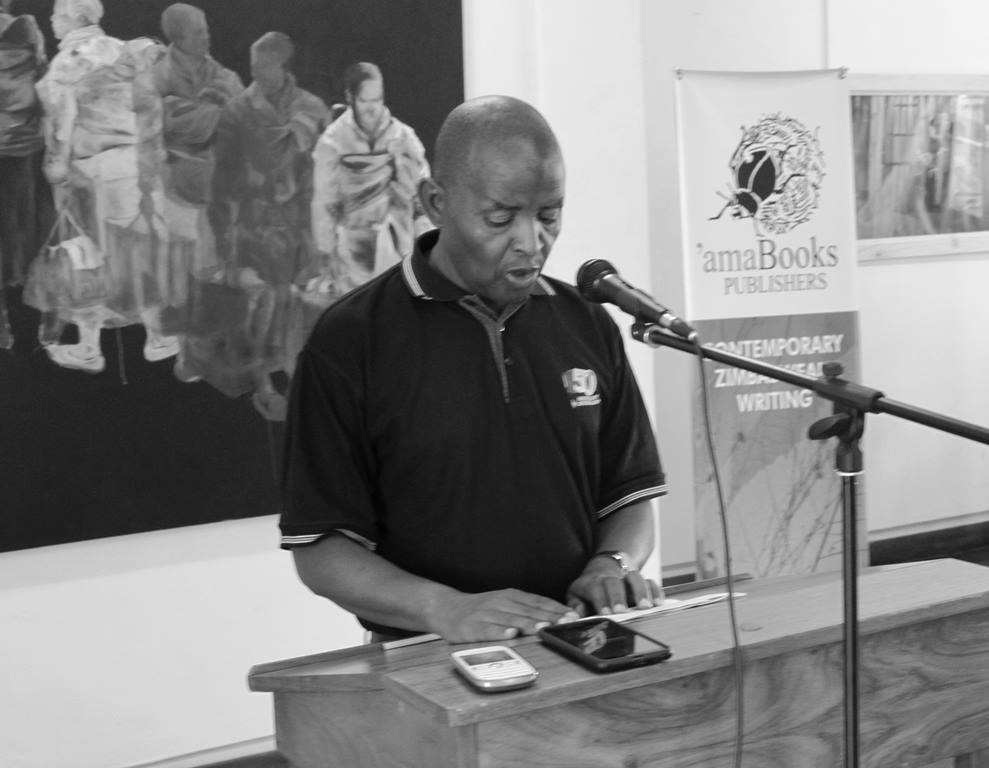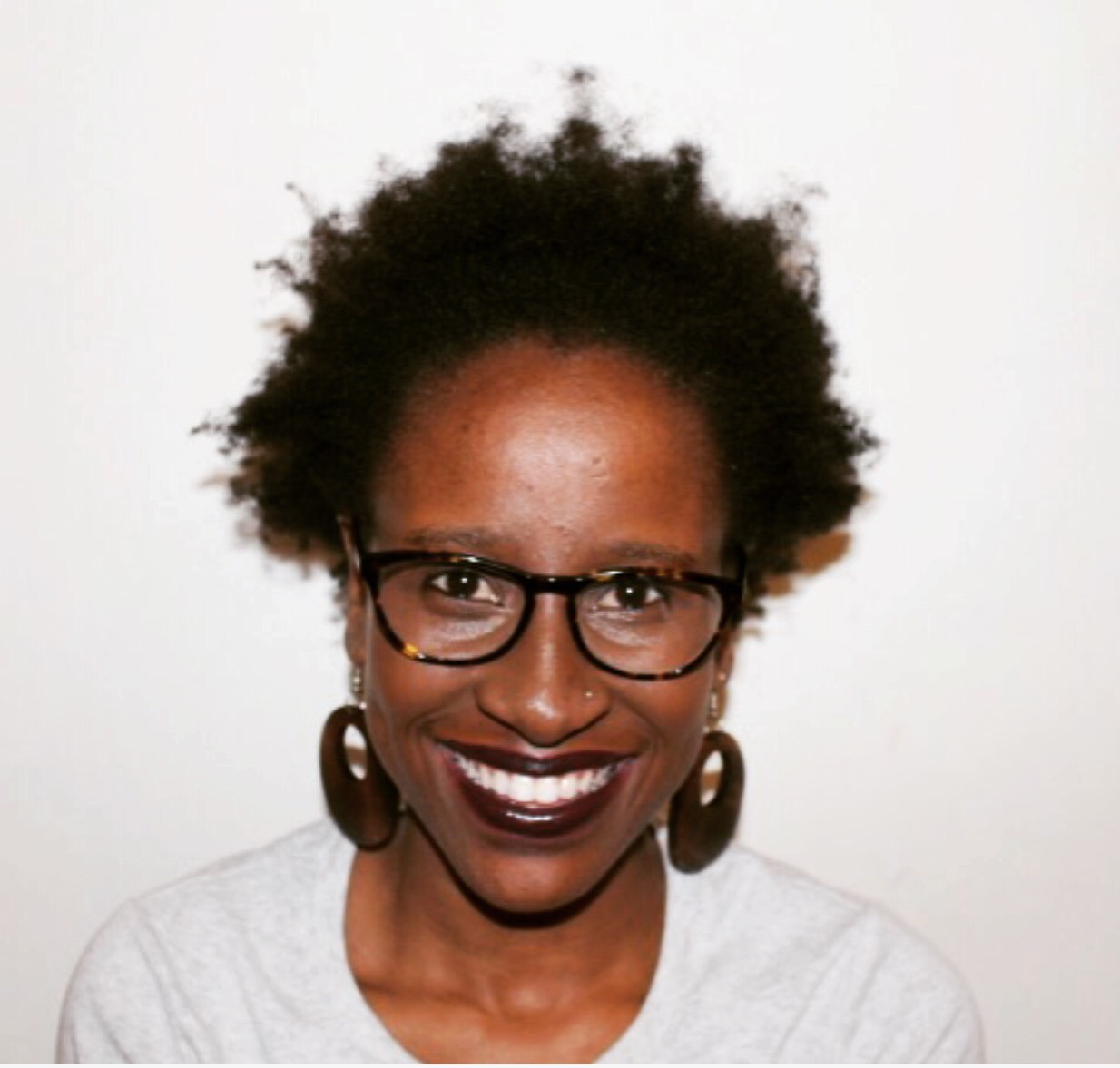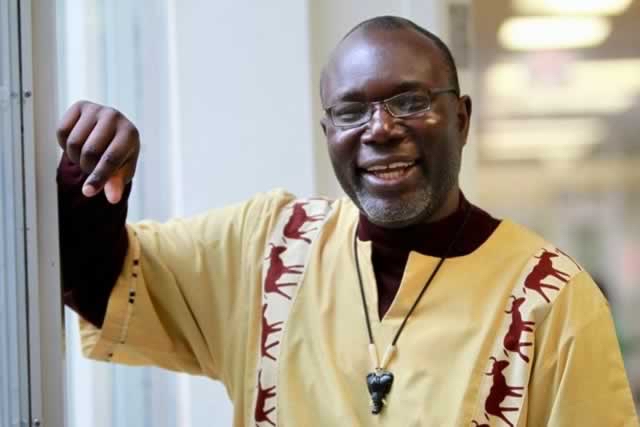
Saturday, May 29, 2010
Owen Sheers in London

Friday, May 28, 2010
Bryony Rheam's Book Promotion
.jpg)
Bryony Rheam has been praised in Zimbo Jam for her hard work in promoting her novel This September Sun, with launches and book signings in Bulawayo, Harare and in Lusaka, and, last night, in the discussion about her book at The Book Cafe in Harare.
Wednesday, May 26, 2010
Poetry Bulawayo: Competition Results

The results of the Poetry Bulawayo Competition, supported by 'amaBooks, were as follows:
2.Empty Confesions of Time - Nkosilathi Sibanda
3.Through the Park - Busisiwe Khanyile
4. Ileya (Homecoming) - Abdul razaq Adebola Afolabi
5.How I feel - Bubelo Thabelo Mlilo
6.He is back - Lilian Dube
7.In Bulawayo The Streets Are Big - Mthabisi Phili
8.National Healing - Abel Phiri
9.Misunderstood love - Amos Kufata
10.Togetherness - Clemence Chinyani
11.You - Clerence Manamike
12.The City - Fred Nwonwe
13.This is a useless poem - Busisiwe Khanyile
14.Postscripts - Lilian Dube
15.Soldier's Tale - Tinashe Muchuru
17.The stroke of midnight - Takawira Dururu
18.A Stranger In Your Own Home - Willard Goora
19.Dropouts - Mthabisi Phili
20.Remembrance - Beaven Tapureta
Tuesday, May 25, 2010
Long Time Coming and Intwasa Poetry reviewed in the Warwick Review


The social landscape in Zimbabwe today is so riven by the predatory violence of the powerful that even the simplest of civic or communal or familial activities seems endangered. The appearance of any literature at all in such a context seems miraculous. Yet the fact is that Zimbabwean literature has gained impressive critical mass over the course of the past two decades. Such authors as Chenjerai Hove, Shimmer Chinodya and the recently deceased Yvonne Vera have garnered international acclaim for their harrowing commentaries on the human costs of the ‘war of liberation’ that eventually ended white-minority rule in Zimbabwe in 1980, and, increasingly more important, on the brutality and social devastation of Robert Mugabe’s dictatorship during the 1990s and the current decade. The concern has been to ensure that a counter-memory of what has happened survives – that, in limit cases, the truth is not buried along with the bodies of those murdered by the government forces. The focus of the writing has tended to fall on what lies on the ‘other side’ of the silence enforced by state domination. This is not a ‘political’ writing in the conventional sense, but a writing whose politicality has to be measured with reference to the contamination and poisoning of the sphere of the political in the order presided over by Mugabe.
The two volumes under review here spring from the Intwasa (Spring) Arts Festival that has been held in the SiNdebele-speaking city of Bulawayo each September since 2005. The Festival has always sought the participation of writers from outside Zimbabwe – and the work of several of these, among them Véronique Tadjo, the highly regarded novelist from Côte D’Ivoire, and the Britons Owen Sheers and Joelle Taylor, is included in the two collections. (One presumes that the presence of these consecrated and institutionally well-connected contributors from outside Zimbabwe helps to ensure that Mugabe’s dead hand is kept off the proceedings, lending them a degree of autonomy that might not have been permitted otherwise.) The Zimbabwean authors themselves whose work is featured include such established and regionally (if not quite internationally) well known figures as Julius Chingono, Chirikure Chirikure, John Eppel, and Albert Nyathi, as well as two of the most exciting of the emergent writers from the country, the London-based Brian Chikwava (winner of the Caine Prize for African Writing in 2004, and whose first novel, Harare North, has just been published, by Jonathan Cape, to uniformly enthusiastic reviews), and the Geneva-based Petina Gappah, whose 2009 short-story collection, An Elegy for Easterly, published by Faber, has received very favourable notices, and whose first novel, The Book of Memory, is eagerly awaited).
Both the poetry and the short-fiction disclose the saturating effect of the social crisis in Zimbabwe. Content and form alike are subject to heteronomous determination. The poem that opens Intwasa Poetry, Julius Chingono’s ‘About words’, establishes immediately not so much that what one says can get one into trouble, but rather that, in the prevailing context, words have the dense materiality of goods: they can ‘slip’ or ‘slide away’, potentially wounding their users or their receivers: ‘Handle with care/this side up/contains words/Stand well away/falling words/when mouths open’. By the same token, casual recitation in the first of the short-stories anthologised in Long Time Coming, Sandisile Tshuma’s ‘Arrested Development’, quickly introduces us to the mind-set that one needs to adopt in order to inure oneself to what otherwise would have to be experienced as severe shock, unsettling disturbance, fear, or despair. The cost of a short taxi-ride is eight hundred thousand dollars: ‘prices are so crazy nowadays that I don’t even know if that’s reasonable or not’, our narrator tells us. ‘I have a feeling it’s not and the other passengers don’t seem to be comfortable with it either, but it is not in the nature of a Zimbabwean to question or complain’. A page further on, she responds to a further outrageous development with ‘Okay, I am not even going to try and understand the reasoning involved’.
Register in the short stories shifts from blank naturalism to formal social realism, from the carnivalesque to the self-consciously melodramatic, from the fine chisel of irony to the sledgehammers of lampoon and parody. John Eppel’s ‘The Awards Ceremony’ begins on, and sustains, its note of high burlesque:
Two patriots, a glorious son and a glorious daughter, were to be honoured this sunny late-winter day, July 28, 2007. They were to receive Zimbabwe’s second highest civilian merit award: the Tupperware Cross (rust-free, water-resistant, availably only at the most respectable retail outlets). And there to pin the medals on his chest and her breast (I’ll fumble this one) was none other than the Deputy Minister of Borrowdale Shopping Centre, Comrade Colonel Dolo d’Ingati-Swatibumbum.
Subject matter ranges widely, too: many of the stories are concerned with the rigours, hardships, impossibilities and, indeed, absurdities, of everyday life in Zimbabwe today; others address state violence explicitly; or introduce drought and the destruction of the environment, unemployment and the shortage of housing as indices of the corruption and patent criminality of the political order. Haunting many of the stories (and central to Gappah’s ‘The Cracked, Pink Lips of Rosie’s Bridegroom’) is the spectre of AIDS.
Much of the verse in Intwasa Poetry is impressive: moving, imaginative and resourceful. Chingono’s ‘It denotes’ juxtaposes images of the body in pain or under duress with punctuation marks, thereby enabling a connection to be established between writing and the socially dispossessed: ‘And when you find me/coiled/my head between my legs/round like a full stop/it denotes – /stop and tender first aid/subject freezing’. Chirikure’s ‘Dancing mother’ allows shock to do the work of criticism: ‘that rugged, shrivelled woman/dancing with a vigorous smile/just for a cup or two of home brew/is my mother, beacon of my life/the IMF structured her dignity’. Shock is, indeed, a pre-eminent means through which the poets featured here attempt to conjure new insights into being. There is also, as might have been anticipated, a recoding of the language of nature and the countryside, whether inhabited or not. Eppel’s ‘Waiting’, for instance, has the falling frangipani leaves in early April reminding him ‘that the day has come and gone for ballots/to be counted, results announced, and I’m/afraid that change will never come’.
Contributor’s note:
Neil Lazarus is Professor of English and Comparative Literary Studies at Warwick University. He has published widely on African and other ‘postcolonial’ writings and has just completed a new monograph, The Political Unconscious: Towards a Reconstruction of Postcolonial Literary Studies.
Sunday, May 23, 2010
'amaBooks at the Bulawayo Music Festival

Friday, May 21, 2010
Bryony Rheam @ The Book Cafe in Harare

On Thursday evening, 27 May at 5.30pm, Harare’s Book Café will be holding a literary discussion on the book ‘This September Sun’ - a debut novel by Zimbabwean writer Bryony Rheam, published by ’amaBooks of Bulawayo.
Thursday, May 6, 2010
Intwasa Poetry reviewed in USA's Galatea Resurrects

INTWASA POETRY, Ed. JANE MORRIS
EMMANUEL SIGAUKE Reviews
We used to have a lifeAnd an economyRunning on dollars and sense.
Monday, May 3, 2010
Election Day sold out at HIFA

This September Sun reviewed in The Standard

.jpg)
I must begin this review by confessing that prior to my reading Rheam’s This September Sun I had very little knowledge of the fictional works of white Rhodesian and Zimbabwean authors. As a university undergraduate majoring in English in the late 1980s I was formally introduced to Doris Lessing’s The Grass is Singing, Arthur Shearly Cripps’ poetry and T.O. McLoughlin’s Karima and that was all. On my own I later read Lessing’s Collected African Stories, The Four Gated City and African Laughter, and I also delved into Ian Douglas Smith’s autobiography Bitter Harvest. This September Sun impressed me as a new refreshing breeze that offers an incisive insight into the Rhodesian and, later, Zimbabwean psyche.
The book is divided into three parts, though there is a chronological sequence in its progression. One is skilfully ushered, often through letters and diary entries, into a rich but complex tapestry of both Zimbabwean history and a family’s history and secrets. It is an intriguing and riveting story of the protagonist Ellie McIntyre and her grandmother Evelyn Saunders. The novel reminds me of Chenjerai Hove’s apt observation that one can best learn the history of a country by reading its fictional works, rather than visiting its history textbooks. This book, which reads as if it is autobiographical, is a great tale of the bond between Ellie and Gran Evelyn, a bond which goes beyond the latter’s death.
Part One opens with Zimbabwe celebrating its independence on 18 April 1980, which date coincides with the protagonist’s sixth birthday. This transition from the old world (Rhodesia) to a new one (Zimbabwe) mirrors the change in Evelyn Saunders who leaves her husband and embraces her own independence. In a peculiar way the separation also signals an independence of sorts for Ellie who can now pay frequent visits to her beloved Gran who now lives alone. Henceforth we witness the growth and blooming of this very strong relationship. Part One closes with Gran’s gruesome murder, which also reflects the end of a chapter in the protagonist’s life. Parts Two and Three of the novel make use of Gran’s diary entries stretching from January 1946 to October 2004, shortly before her death at age 77. These diary entries gradually provide the missing blocks of the jigsaw puzzle of Gran’s eventful life as well as those of the others in Ellie’s family.
Through the diary entries Ellie embarks on a journey to unearth the great mystery that her family is. She confesses that ‘all my life my grandmother had been a mystery to me. I was perhaps the dearest person to her, yet I knew the least about her.’(p 233) We witness Ellie moving from naivety and gullibility in the process of ‘dismantling the woman I thought I knew’ and her confrontation and interrogation of a ‘childhood of lies’. In the process she resurrects a life littered with ‘the ghosts of yesterday’. It then dawns on Ellie that ‘the greatest journey we go on is inward towards our selves, rather than outwards and away.’(p 127) How true this statement is for both for Ellie and Gran’s lives! Much as Gran detests being ‘surrounded by the ghosts of yesterday’(p 265), she cannot exorcise these ghosts and the past haunts her relentlessly. It is a past mired in cuckolding her husband Leonard through her relationship with her lover with whom she has an affair reminiscent of Heathcliffe and Catherine’s in Charlotte Bronte’s Wuthering Heights. There is also the ghost of her son Jeremy, the facts of whose death come to light in the novel through Ellie’s reading of her grandmother’s diaries.
One cannot miss the political undertones that colour the pages of the novel. These political undercurrents, which constitute a subplot, offer an incisive insight into Rhodesia of the late 1940s right up to 18 April 1980. We are allowed glimpses of the racist mentality of the hardcore Rhodies who then refuse to come to terms with the reality of a new Zimbabwe. These are shown to have inflated egos and insist on sustaining a life constructed around fantasy and an irretrievable past. Rheam sums up these whites as those who ‘could’ve won the war if only Smith had not given into Nationalist aggression, those who had always been on the brink of victory when Smith had surrendered.’(p 24) There are those like Granddad who feel betrayed by the ‘bloody British… sold us down the river. Fought for King and country. For what? Where is their Empire now?’(p 86) There is also an indictment of the government of Zimbabwe by way of counterbalance. Its shortcomings are portrayed through the culture of fear and instability it inculcates, through the government’s handling of the dark period of dissident disturbances in Matabeleland and in correcting land imbalances. There is however hope in the book that the two races will coexist happily.
The way the book is structured adds to the richness of the narrative. The novel, just like the lives of the characters, does not have a clear beginning and a clear ending. There are constant shifts involving the present, the past and the future. One is reminded of the narrative style of literary greats such as Virginia Wolf, James Joyce and Dambudzo Marechera. When asked by another character about her life, Ellie retorts that ‘the beginning keeps changing.’(p 268) There is a frustrating search by Ellie for a beginning, for rejuvenation. It is from this that the novel gets its title: ‘There is a poetry to September, a song, a promise. It speaks of a new beginning, yet it heralds an end.’(p 115) Such is life, Ellie learns.
Minus the extensive use of extracts reproduced in the book that give it an air of being contrived and unnecessarily add to its volume, This September Sun is a rich addition to the canon of Zimbabwean and world literature. Bryony Rheam’s powerful voice must be accorded a niche in college and university syllabi.


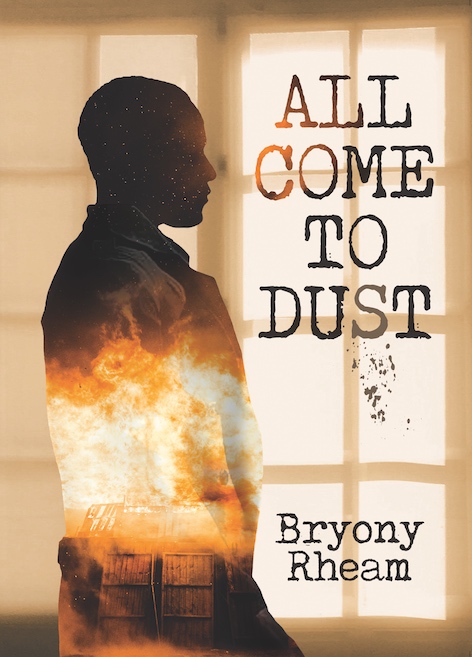
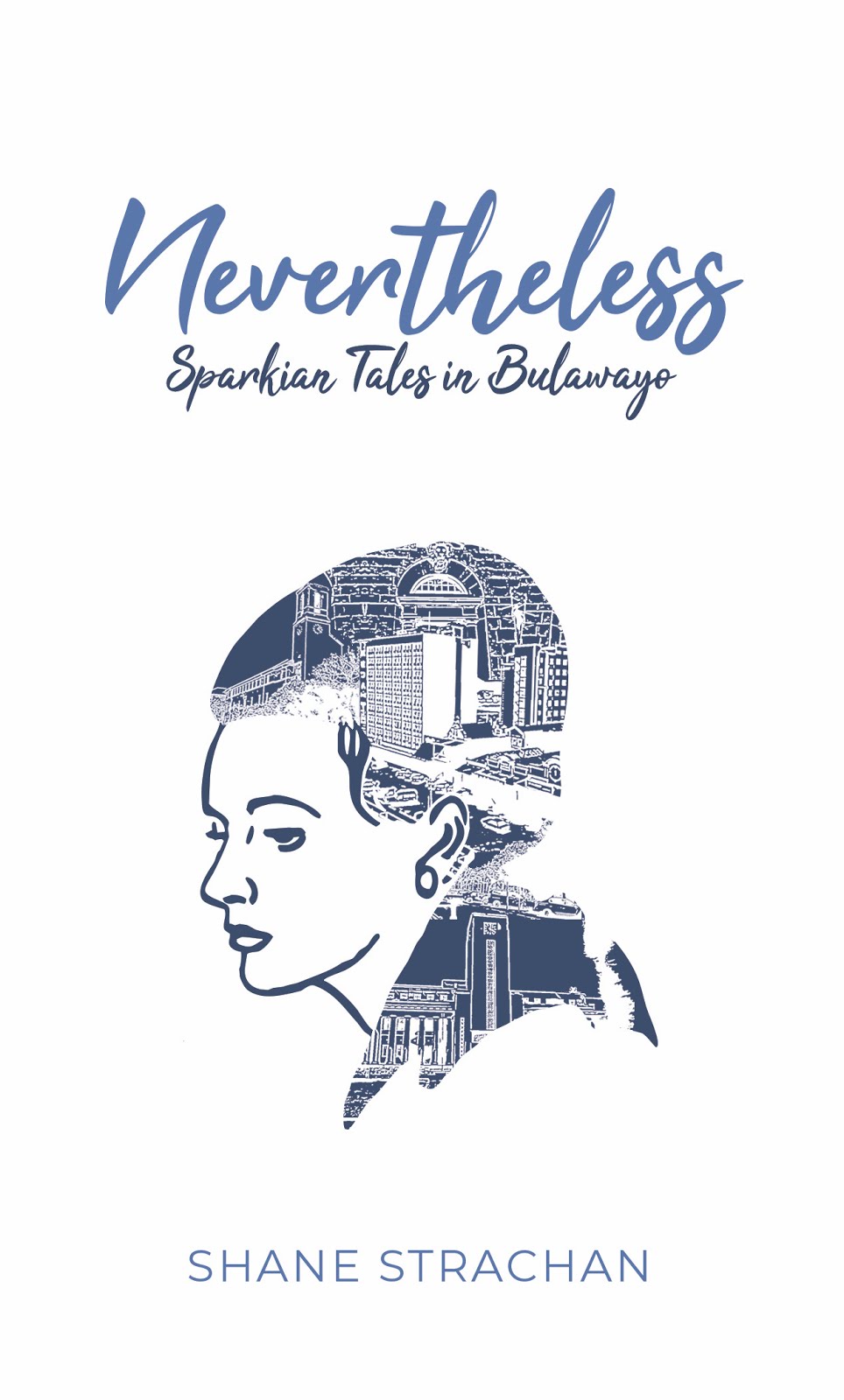





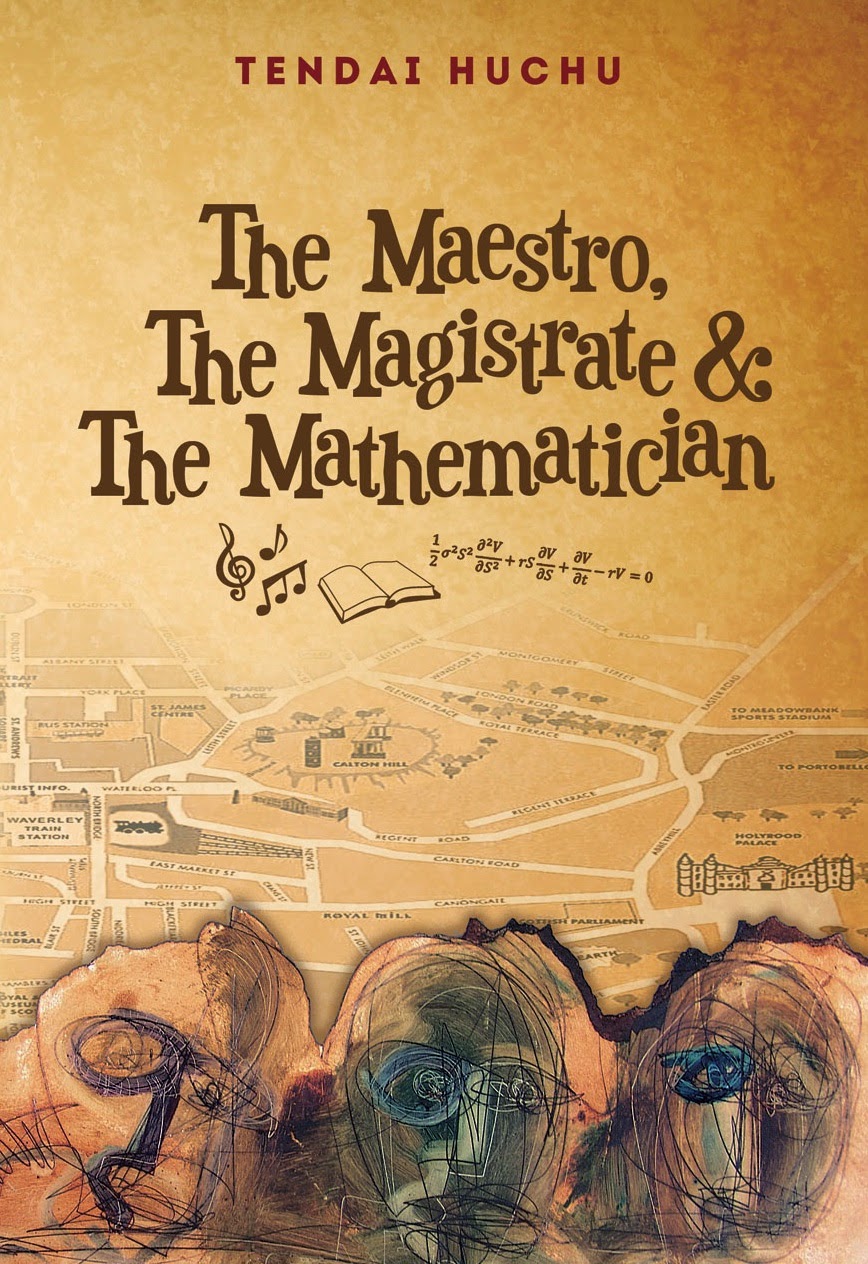
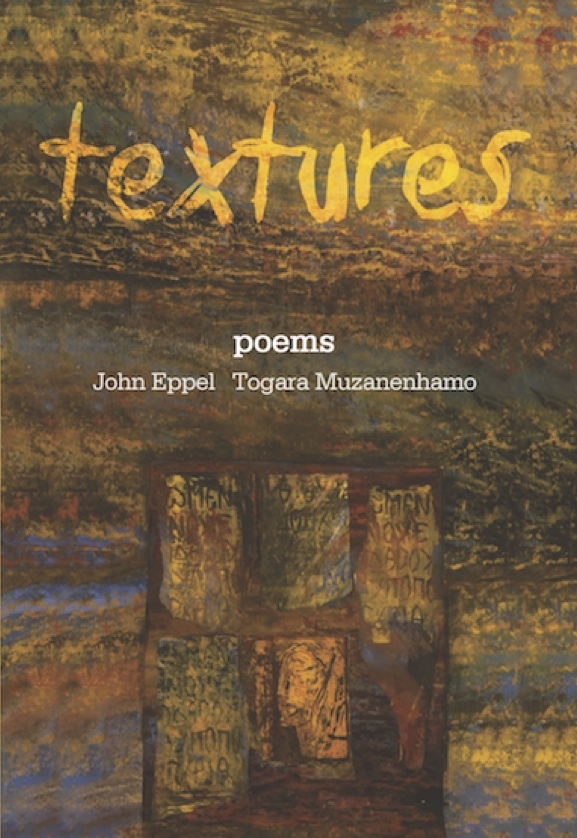
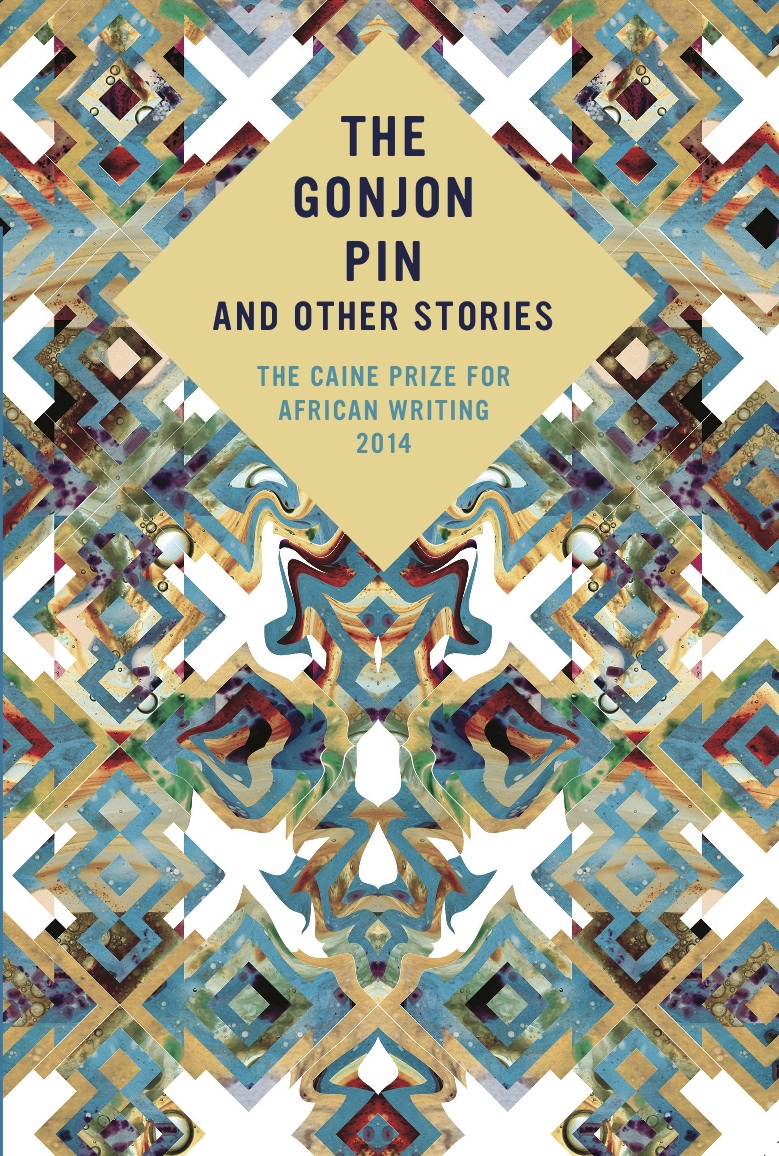
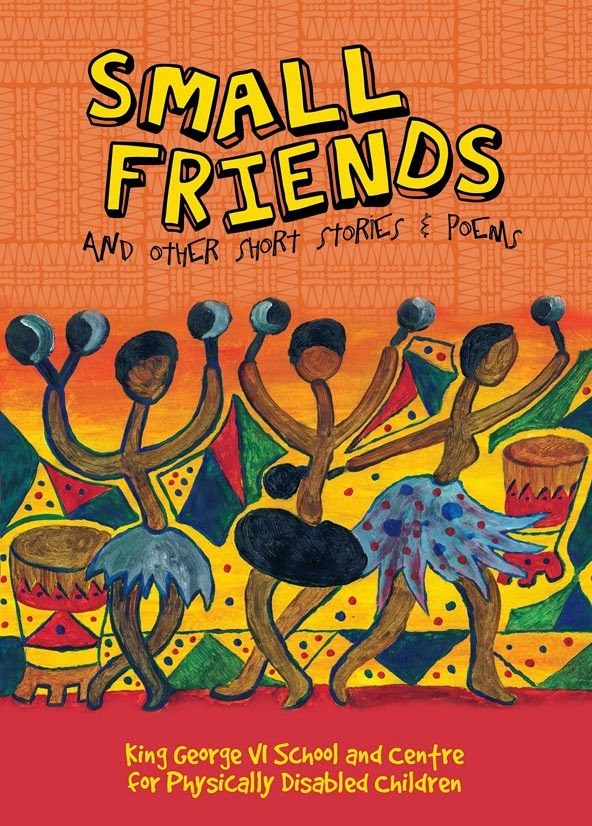
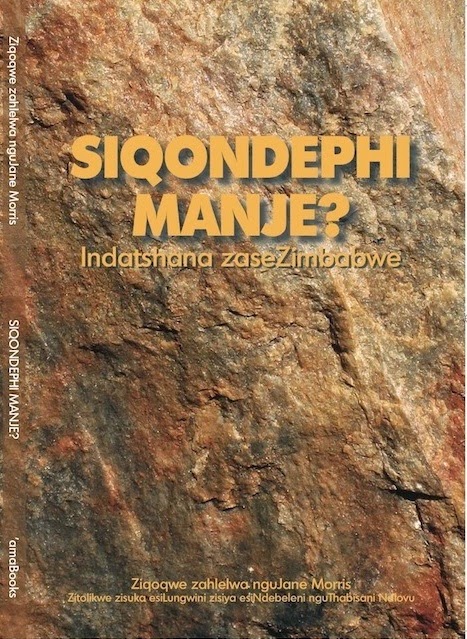
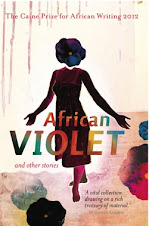

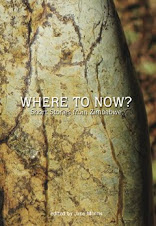
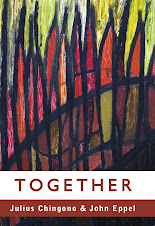
.jpg)

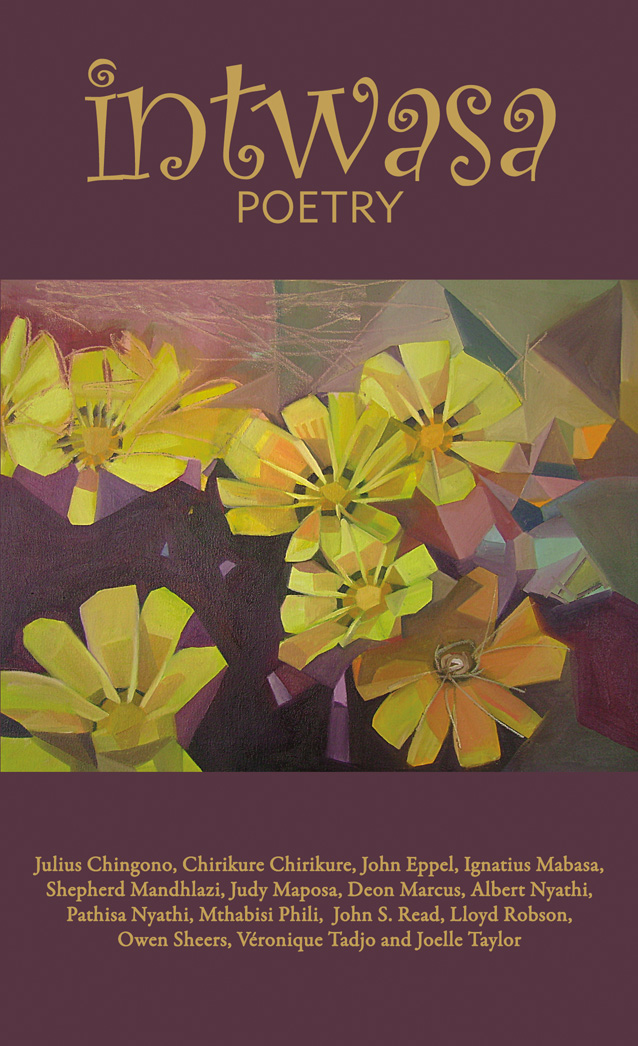


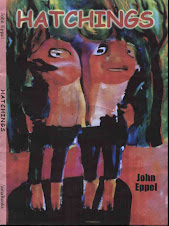













.jpg)

